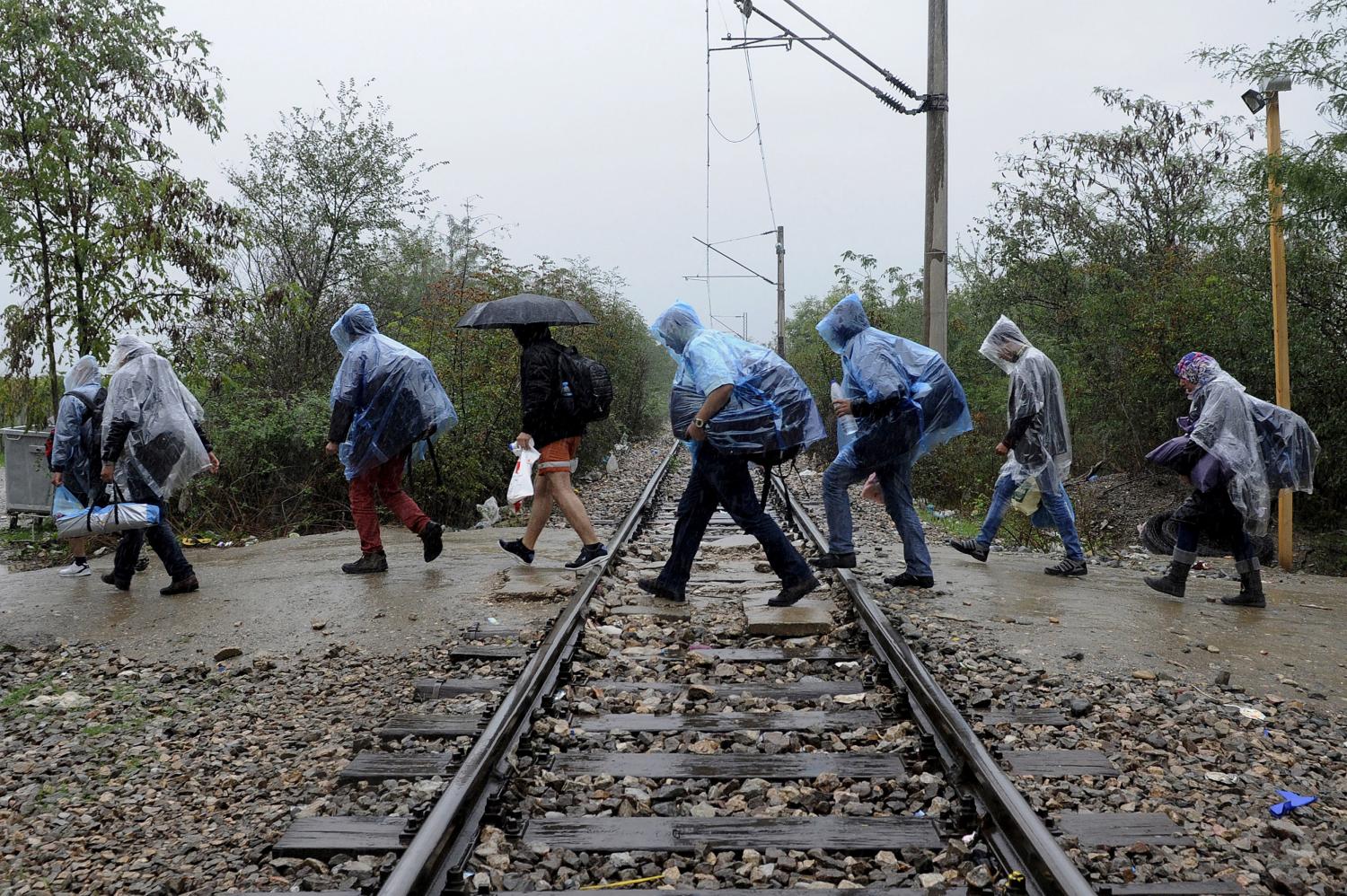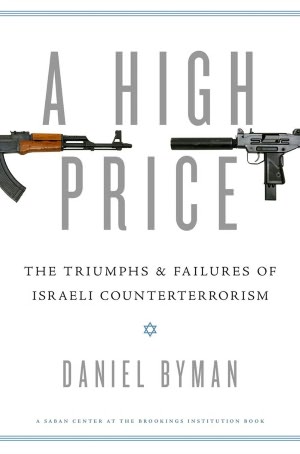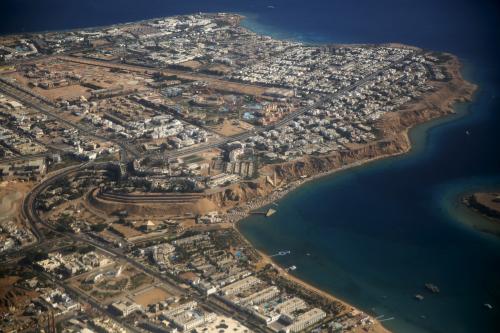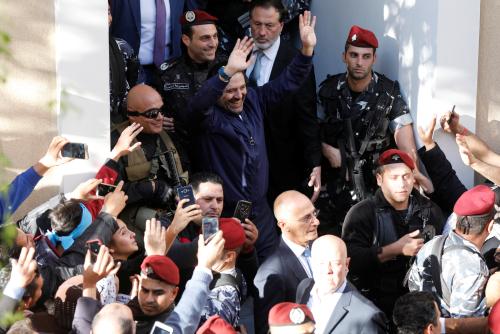In many ways, the year 2016 in the Middle East was a story of urgent challenges—in this case, the war in Syria and the accompanying refugee crisis—compounding longstanding, seemingly intractable challenges in the region, including the Israeli-Palestinian conflict and the Saudi-Iranian rivalry.
Throughout, Brookings experts have helped make sense of the chaos. Here’s what they had to say about some of the region’s most notable developments this year.
Five years and counting: The war in Syria
By the start of 2016, the regime of President Bashar Assad was reinforced and reinvigorated—in large part due to Russian and Iranian support—but was (and remains) too weak to declare anything like a decisive victory. The United States, for its part, has had limited involvement. In early February, Leon Wieseltier and the Harvard Kennedy School’s Michael Ignatieff penned a sobering piece (and later spoke at a Brookings event) declaring the “moral bankruptcy of American and Western policy in Syria.” In June, Wieseltier spoke to the American Relief Coalition for Syria and has since continued to criticize the Obama administration’s approach to Syria.
What more can the United States be doing? Dan Byman outlined six U.S. policy options on Syria, ranging from isolation to a full-on military campaign. Beyond the necessary containment policy, “all the options are bad,” he concluded. Michael O’Hanlon pointed out that even efforts to contain the conflict have failed, and recommended a middle-ground approach: increasing support to the moderate opposition, accepting a future Syria based on a confederal model, and acknowledging that a strong international peace enforcement operation will be needed to uphold any eventual peace deal. Steve Heydemann wrote that while the Obama administration’s aversion to risk is understandable, Syria is critical to U.S. strategic interests. Thus, he argued, the United States must devote more resources and take a stronger stand in the talks in Geneva. Thomas Wright suggested tying U.S.-EU financial sanctions against Russia to its actions in Syria. General John Allen and former Brookings visiting fellow Charles Lister also recommended increasing economic sanctions, in addition to broadening support for moderate opposition groups, working through multilateral mechanisms to reach a cessation of hostilities, and using targeted military action when necessary. Kemal Kirişci and Elizabeth Ferris proposed a new global approach for Syria, a burden-sharing system involving refugee-hosting countries, the United Nations, and other local, regional, and international actors.
Meanwhile, states and localities have struggled to cope with the realities of the refugee crisis itself, a subject that experts across Brookings examined. As debate unfolded as to whether refugees pose a security challenge, Byman argued that the “refugee issue must be thought of as an integration crisis, not a border security challenge.” Over the summer, Brookings also convened a high-level forum aiming to identify possible solutions to the refugee crisis. Robert McKenzie offered six goals for Obama’s Leaders’ Summit on Refugees, which took place on the sidelines of the U.N. General Assembly.

The Iran nuclear deal turns one
The new year got off to a productive start for Iran: January 16 marked “Implementation Day” of the Joint Comprehensive Plan of Action (JCPOA). Robert Einhorn, who played a leading role in the Iran deal negotiations, wrote that Implementation Day came much sooner than expected, a good sign for the future of the JCPOA. Even so, he wrote, the road ahead will be a long and probably bumpy one, with Iran’s involvement in Syria, ballistic missile testing, and provocations against the United States presenting new challenges.
Assessing the strength of the deal in May, Suzanne Maloney noted that although Iran saw new trade and investment flow into the country, the pace was slower than Iranians hoped. This was due not to shortcomings of the JCPOA, she argued, but rather the declining price of oil, the difficulty of doing business in Iran, and Iran’s regional behavior. Einhorn and Richard Nephew explained why the JCPOA will likely reduce prospects for nuclear proliferation in the region, including specifically in Saudi Arabia, the United Arab Emirates, Egypt, and Turkey.
On the one-year anniversary of the JCPOA in July, Ken Pollack wrote that U.S. actions in the region since the signing of the deal—such as the failure to show strong support for Saudi Arabia or the narrow focus on the Islamic State (rather than the Assad regime) in Syria—have raised doubts among U.S. allies about America’s role in the region. Strobe Talbott highlighted the successes of the deal, and other scholars identified regional consequences and made the case for congressional action, as well.
Rising tensions in the Gulf
Just a few days into the new year, Saudi-Iranian tensions spiked when Saudi Arabia executed the prominent Shiite cleric Nimr al-Nimr on January 2. Tamara Cofman Wittes placed the execution and its fall-out within the context of a broader sectarian narrative, arguing that the escalation could derail the nascent Syrian peace process and could serve the interests of the Islamic State. As Ken Pollack explained, amid the region’s civil wars, threats of terrorism, and the refugee crises in particular—coupled with a seemingly less-involved United States—Saudi-Iranian provocations made escalation all the more likely and compromise all but impossible. Suzanne Maloney wrote that the Iranian reaction to al-Nimr’s execution demonstrated the “fragility—perhaps even futility—of Tehran’s attempt to chart a more moderate course without discarding the fundamental tenets of the regime’s revolutionary ideology.”
Falling oil prices did little to ease the pressure. For the better part of the year, Riyadh tried to orchestrate an agreement to drive the price of oil back up, insisting that Tehran be party to any sort of compromise. (Finally, on the last day of November, OPEC and a few other large oil-producing countries reached an agreement.)
In the meantime, Congress passed the Justice Against Sponsors of Terrorism Act (JASTA). Bruce Riedel warned that JASTA makes Americans less safe, and that “[it] will likely bring out the worst in Saudi behavior.” Dan Byman pointed out that defining just what “state”-sponsored terrorism means in the Saudi context—where relationships between the royal family, the government, and the clerics are not always clear—is not straightforward. Regardless of the differences between Washington and Riyadh, the Kingdom will continue to be a “vital partner,” according to Byman, in the struggle against terrorist groups.
Farewell or good riddance to Obama’s foreign policy?
In Obama’s final year in office, many Brookings scholars reflected on his foreign policy legacy. Shadi Hamid argued that Obama’s approach to the Middle East has in many ways shaped up to be an overcorrection of the mistakes made in Iraq. Ken Pollack argued that U.S. disengagement from the region has led some states to act more aggressively than they otherwise would have, and that the United States must decide whether it wants to “step up” in or “step back” from the region. Dan Byman contended that, for U.S. policy, too narrow a focus on counterterrorism ignores the sources of terrorism itself.
Tamara Cofman Wittes wrote that inaction in American foreign policy can be just as consequential as decisive action, and that although Obama promised to withdraw from Iraq and Afghanistan, he has come to preside over “an escalating war against a vague terrorist enemy.” Later in the year, Wittes published a report on Arab governance which argued that real security and stability in the Arab world will be largely determined by the quality of governance there, and that U.S. and international support will be crucial.
Khaled Elgindy argued that despite Obama’s initial prioritization of the Israeli-Palestinian conflict, “his legacy could well be the death of the two-state solution itself.” Barring any major action on the part of the administration regarding the conflict, Obama is likely to leave office having done less to move the needle on the Israeli-Palestinian conflict than any president since Nixon. Even so, when U.N. Security Council Resolution 2334 (on Israeli settlements in the West Bank and East Jerusalem) came up for a vote in December, the United States abstained, allowing the condemnatory measure to pass. This was a major diplomatic defeat for Israeli Prime Minister Benjamin Netanyahu, wrote Natan Sachs. Although the sentiment of the resolution was not new, Sachs argued that Donald Trump’s involvement and the fact that the resolution was “an attempt to prevent the worst of a no-solution reality” made the resolution especially noteworthy.
Surprisingly, and hearteningly, Shibley Telhami’s polling found that even as much of the campaign rhetoric disparaged Muslims, American views of Muslims and Islam improved.
Looking ahead: Trump and the Middle East
After Donald Trump’s election, Kemal Kirişci explained how a common disregard for democratic values may bring Trump and Turkish President Recep Tayyip Erdoğan closer together, although several other regional developments will likely add new tensions to the relationship.
Natan Sachs and the Israel Policy Forum’s Michael Koplow suggested that Trump’s victory might limit Prime Minister Netanyahu’s room for maneuver, since the Obama administration has offered Netanyahu a convenient excuse to refuse far-right demands on settlements, for example. With a Trump administration, Netanyahu will be more vulnerable to attacks from the right, they argue.
As the Trump administration begins to take shape, Will McCants remarked on the stark difference between the views of Trump’s advisors and of Presidents Obama and George W. Bush on the relationship between traditional Islam and terrorism. McCants warned that some of the Trump team’s rhetoric and suggested policies could serve to benefit jihadist recruitment.
For a run-down of some of the major foreign policy developments elsewhere in the world, check out our sister blog, Order from Chaos. To a more peaceful new year!









Commentary
Brookings experts’ takes on the biggest Middle East stories of 2016
December 28, 2016